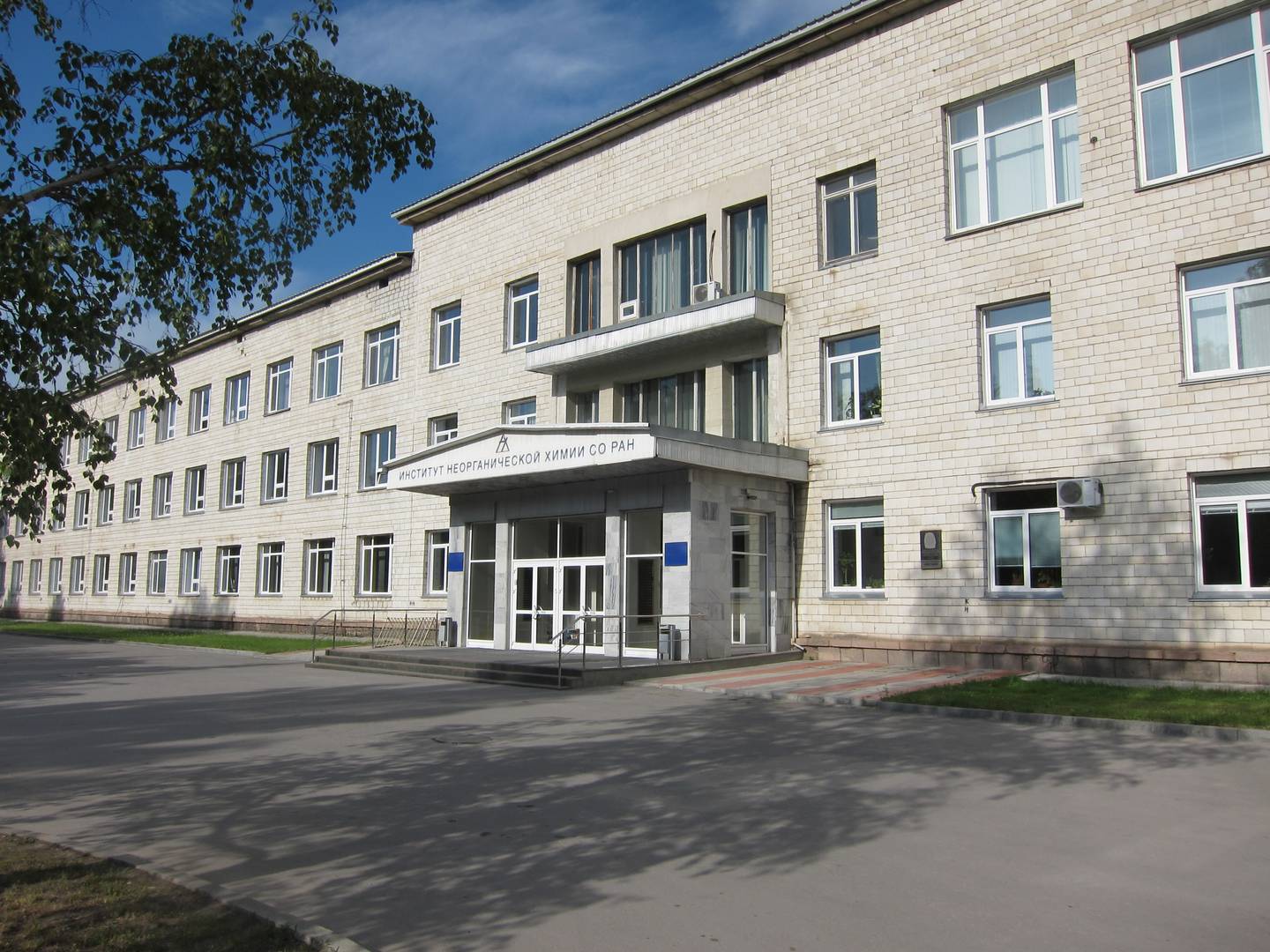
Scientists at the Institute of Inorganic Chemistry (INH) named after him are developing technologies for producing high-purity compounds of titanium, zirconium and hafnium, which are necessary for the creation of modern microelectronic elements. A.V. Nikolaev SB RAS, on August 28, reports on the publication of the SB RAS “Science in Siberia”.
At the discussions at the 11th International Forum on Technological Development “Technoprom-2024” in Novosibirsk, the head of the Laboratory of Organometallic Compounds for the Deposition of Dielectric Materials of the Institute of Chemistry of the SB RAS, Candidate of Chemical Sciences Evgenia Vikulova, spoke about the work of a young team created to solve the problem of the lack of technology for the production in the Russian Federation of high-purity compounds required for modern microelectronics.
Evgenia Vikulova explained: “Rare earth metal compounds are used to create nanostructures of microelectronic elements. There is already demand for thin films of titanium nitride for the manufacture of microchips and processors. If we take the technology to the next level, which is necessary, including to achieve technological sovereignty, we will need hafnium oxide and there is no substitute for this solution.”.
Another area of microelectronics that requires thin films based on hafnium, titanium and zirconium oxides is alternative sources of non-volatile memory that should replace existing flash memory because they have longer write life and lower power consumption.
These micro-level films have a very complex geometry; they are produced by chemical vapor deposition (MOCVD) and atomic layer deposition (ALD) methods. These technologies are based on the fact that an organometallic compound in gaseous form enters the substrate and reacts to form the required coating.
The required material characteristics are obtained by the correct selection of the initial main component and the deposition conditions. In this case, it is necessary to use high-purity compounds. Unfortunately, domestic companies cannot guarantee such purity and supplies from imported companies are subject to sanctions.
That is why a junior laboratory specialising in organometallic compounds for the deposition of dielectric materials was established at the Institute of Inorganic Chemistry SB RAS.
“We have approached the problem comprehensively, namely: we already know how to supply specific volatile substances for the client’s tasks, we studied their thermal properties to create a basis for the implementation of technological conditions. We are also developing approaches to product quality control, or more precisely, to control the purity of impurities (because there are currently no GOST standards for organometallic compounds in Russia) and strategies for achieving this purity.”“, shared Evgenia Vikulova.
The laboratory staff has developed a purification technology and has already received laboratory samples of compounds of the required quality in terms of impurity content. The team is currently working on using the resulting compounds in microelectronics and is preparing to scale up production.
“There are already sources of metals of the required quality on the domestic Russian market, but there is a problem with the availability of specific reagents for synthesis, in particular, of some organic compounds. We are now considering a solution using the engineering base of Tomsk State University, but there is a problem and it needs to be solved. The second difficulty is that the precipitation facilities are now imported.”said the head of the laboratory.
Source: Rossa Primavera
I am Michael Melvin, an experienced news writer with a passion for uncovering stories and bringing them to the public. I have been working in the news industry for over five years now, and my work has been published on multiple websites. As an author at 24 News Reporters, I cover world section of current events stories that are both informative and captivating to read.
